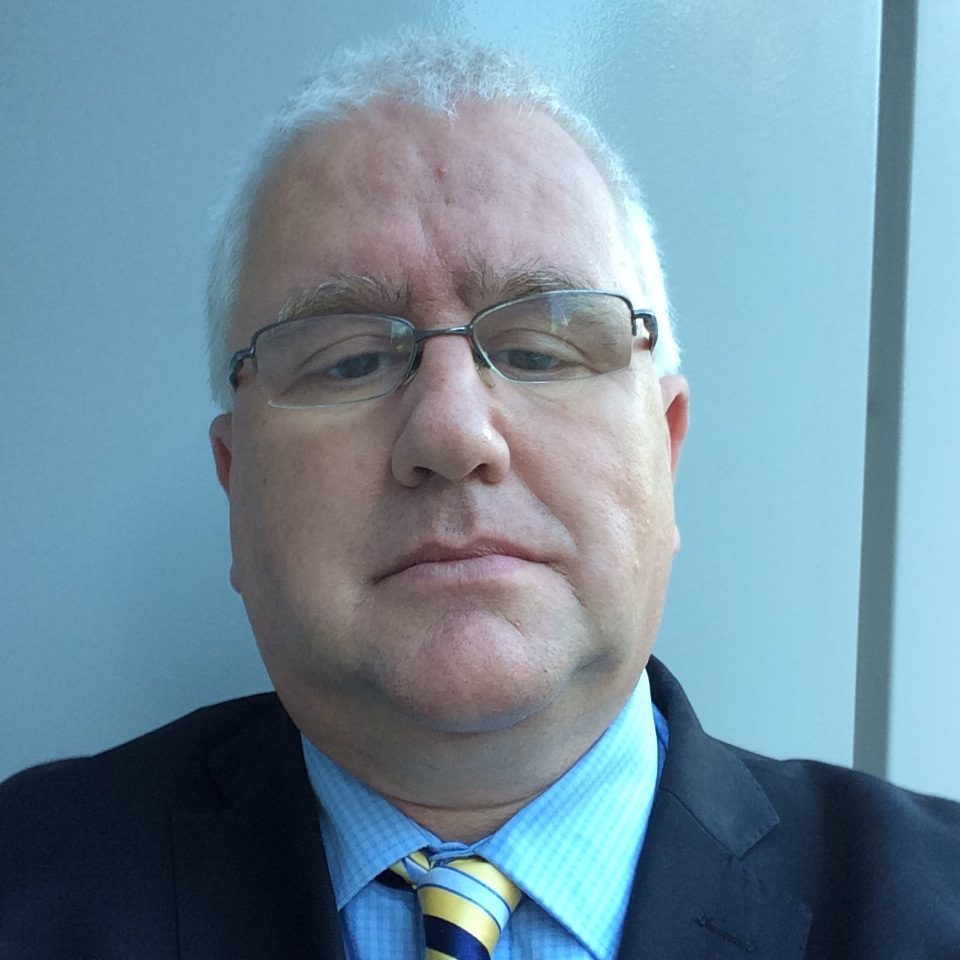
Dr Iain Smith
I have been a NHS Consultant in addiction psychiatry for 24 years. I am involved with training on alcohol-related topics for both medical students and postgraduate doctors and other health professionals. I chair the education committee of the Medical Council on Alcohol and serve on the MCA Executive Committee.
One longstanding research interest has been in the area of alcohol-related brain damage. I helped to highlight the apparent increase in alcohol-related brain damage in Scotland in the last three decades and supported the development of services in Glasgow to deal with ARBD.
I serve on the executive of Scottish Health Action on Alcohol Problems (SHAAP).
I have close links with the Centre for History of Medicine at the University of Glasgow. I was awarded a Wellcome Clinician Short-Term Fellowship to study the history of Scottish Inebriate Reformatories. I am expanding this into a historical M.D. on the treatment of alcoholism in Scotland.
Addiction science meets addiction history: a necessary conversation
Alcohol and drug history studies are currently thriving. Addiction researchers and practitioners can learn much from this field. Similarly historians should be aware of current addiction theory though they have to guard in their work against the anachronistic use of such knowledge.
In this short talk I argue that: –
i) The historical perspective on addictive substances is capable of informing current drug and alcohol policy.
ii) Alcohol and drug history is only in small part medical history. Alcohol and drug history belongs more to the fields of social, political, economic and cultural history. (Historians have viewed mind-altering substances, given their ubiquitous nature, as “cultural-signifiers” in terms of their patterns of use in every-day life across time and place).
iii) Studies focusing on the role of the medical profession in the history of mind-altering and addictive drugs are of particular note for us. They certainly will quickly disabuse us of any belief in a narrative of straightforward scientific progress in our field.
iv) Histories of the concept of addiction, and its precursors, remind us of the unresolved, and probably irresolvable, philosophical issue with which we wrestle, namely the problem of diminished free will.
I will provide some pointers to key texts in the field, differentiating between micro- and macro- histories and also between polemical and balanced works, and showing how the historical view can generate testable hypotheses for current and future research in our field.
Click here for presentation slides.
Click here for presentation audio.